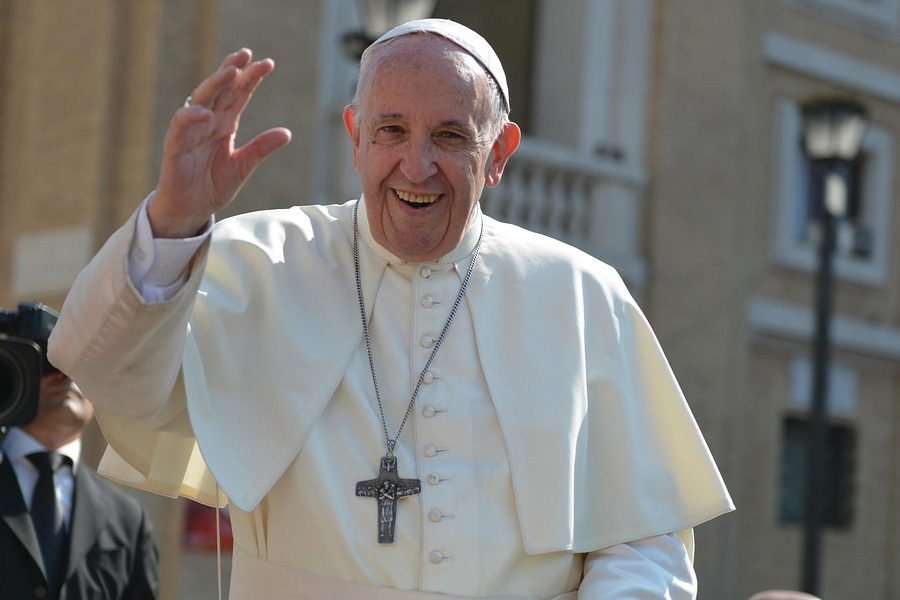St. Augustine was arguably the greatest theologian in the history of the Church. For centuries after his death in the year 430, his writings were regarded as the last word in Christian teaching. In order to settle any contested point, it was only necessary to discover what St. Augustine had taught on the subject. Whatever conclusion Augustine had reached, was accepted on all sides as the truth.
A story is told of an incident in Augustine’s life. He intended, for the first time, to write about the Trinity. As part of his preparation, he was walking along the seashore, deep in thought. He encountered a child playing on the beach. She had dug a small hole in the sand, and was scooping water out of the Mediterranean, and pouring it into the hole. Augustine asked the child what she was doing. She told him that she was going to put the sea into the hole she had dug. The great Augustine was amused. He tried to explain to her the impossibility of pouring the entire sea into such a tiny hole. But the child looked up at him and said “It is easier to pour the sea into this hole, than it is for you to understand the Trinity.” Then the child disappeared.
But if the doctrine of the Trinity cannot be understood, it can at least be described: The Father, Son, and Holy Spirit are three persons in one God, three equal persons, having the same divine nature, each infinite, yet each distinct from the other two. The three persons of the Trinity are united by indescribable love. That love embraces the whole of creation, but especially men and women, creatures made in the image and likeness of God. The Holy Spirit, the mutual love of the Father and Son, is poured into our hearts in baptism when we are incorporated into the Church.
Mystery indeed! Fortunately, though, we can love someone we don’t fully understand. The American Catholic novelist and short story writer, Flannery O’Connor, once wrote to a friend, “I love a great number of people, but I understand none of them.” The doctrine of the Trinity is, for us, above all, an invitation to love: an invitation to imitate the astonishing, unbounded love that it reveals as the source of everything that is.
St. Paul urges the Corinthians to live in harmony and peace, because theirs is a God of harmony and peace. If the grace of the Lord Jesus Christ, and the love of God the Father and the fellowship of the Holy Spirit are with them, then their lives as individuals, and as Church, should be marked by grace and love and fellowship. And the presence of that same Holy Spirit in the Church, and in each of us as the result of our baptism, should inspire us to let that overwhelming love be reflected in our lives.
Perfect love is not selfish. It must be shared, as the love between the Father and the Son, is shared in the Holy Spirit. Similarly, the presence of the Holy Spirit with us makes us want to share the good news of our merciful and gracious Lord. We cannot be spiritual misers who try to squirrel-away the spiritual treasure we have received. On the contrary, our baptism obligates us to offer to share what is most precious to us — our faith and our fellowship — with the world.
There is hole, a lack, a thirst in the heart of every human being that could swallow-up an ocean and be left unfilled, unquenched. As Christians, we know that in Christ, the Holy Spirit can fill us up, can relieve our terrible human longing. We need to share that good news with the world.
Rev. Charles B. Gordon, C.S.C., is co-director of the Garaventa Center for Catholic Intellectual Life and American Culture at the University of Portland. He writes and records a regular blog called “Fractio Verbi.”





